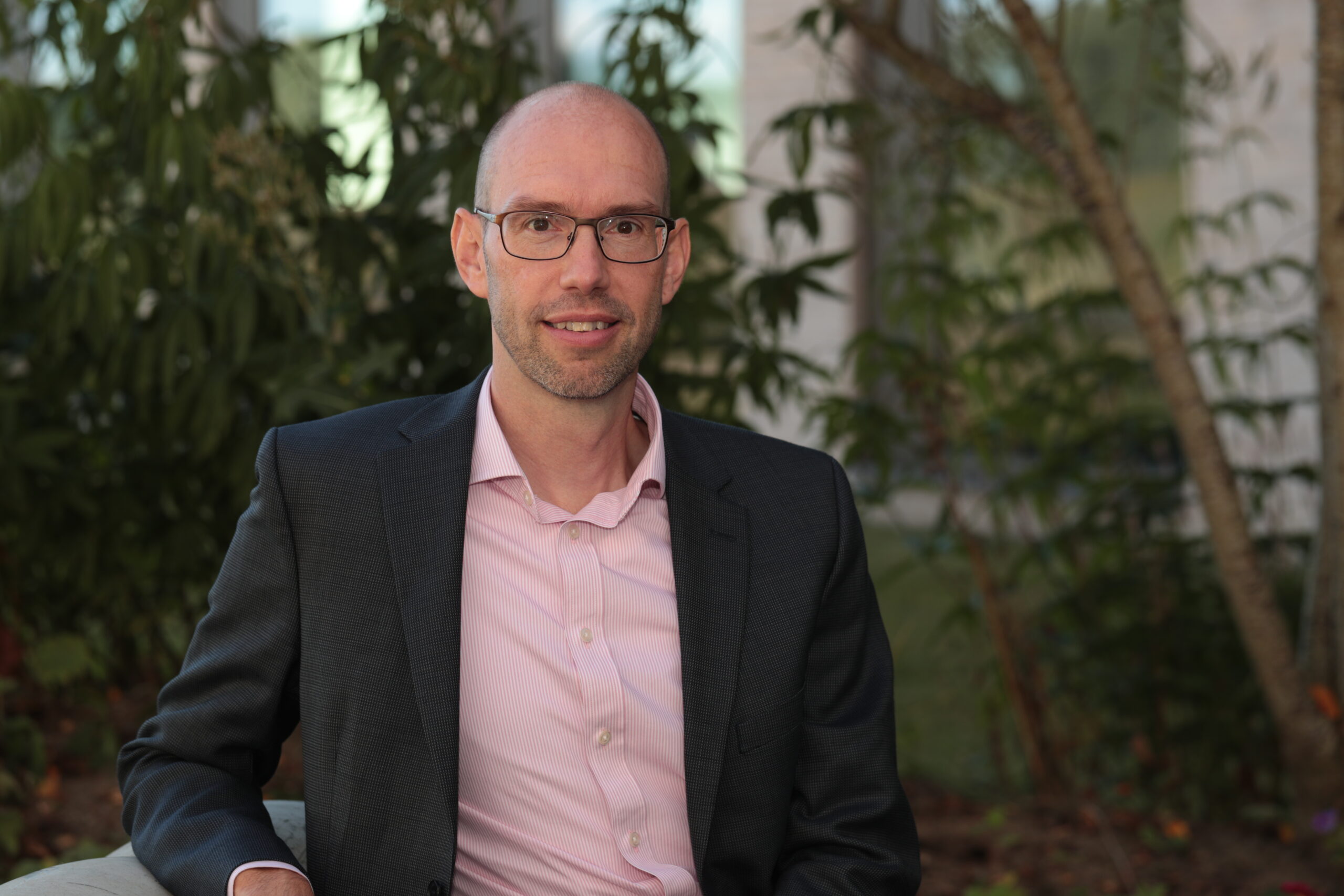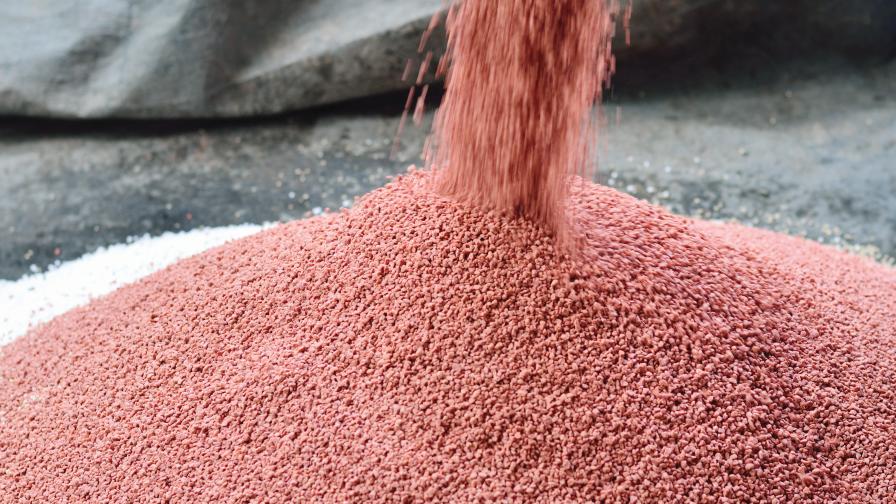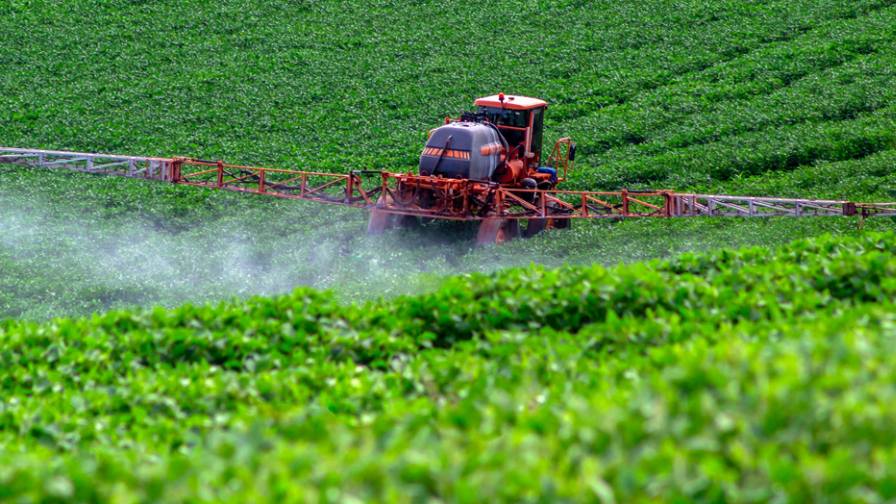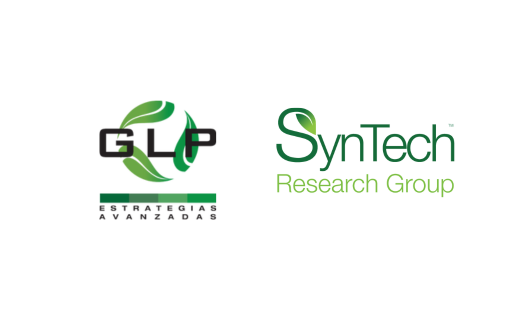Flexible Feedstock: How Novonesis Is at the Forefront of New Biofuel Technologies
As the global biofuels market continues to surge, producers are looking for solutions to remain efficient and profitable in a highly competitive environment. Partnering with companies that are at the forefront of new biofuel technologies and feedstock flexibility is a must.
AgriBusiness Global recently spoke with Hans Ole Klingenberg, VP of Global Marketing at Novonesis, about the challenges, innovations, and collaborations for using enzymes and microorganisms in biofuel technology.
ABG: What inspired Novonesis to develop Eversa Advance, and how does it align with the broader trends in renewable fuel production?
Hans Ole Klingenberg: As governments worldwide are introducing policies and blending mandates to support the adoption of renewable fuels, and particularly advanced biofuels (waste-based biofuels), renewable fuel producers are facing an increased demand and heightened competition for feedstocks. Consequently, biodiesel producers have realized that feedstock flexibility – the ability to process various types of feedstocks – has become a strategic imperative for staying competitive. However, many biodiesel producers today have no or limited feedstock flexibility due to the variable quality of the feedstock, particularly concerning free fatty acid content.
With our biosolution Eversa Advance, we address this challenge by introducing an enzymatic biocatalyst for the pre-treatment of biodiesel feedstocks with up to 20% free fatty acids. This enables biodiesel producers to incorporate waste-based feedstocks, such as used cooking oil and animal fats, into their production lines, accelerating the transition to more sustainable biofuels.
ABG: How does Novonesis support producers in meeting these sustainability goals without compromising efficiency or profitability?

Hans Ole Klingenberg, VP of Global Marketing, Novonesis.
HOK: Biosolutions can transform products and processes to increase efficiency, sustainability, and performance simultaneously.
With Eversa Advance and our patent-pending Flexfit Advance technology, we not only enable biodiesel producers to adopt waste-based feedstocks with little capital expenditure, but we also help them improve biodiesel yield and reduce total pre-treatment operating costs, while lowering their own environmental footprint. As a result, biodiesel producers can expect to maximize the profitability of their plant and become more sustainable.
ABG: Olfar has successfully implemented Eversa Advance in their operations. How does Novonesis approach collaboration with partners to ensure seamless integration of new technologies?
HOK: The transformative potential of biosolutions demands close collaboration. Our dedicated account teams, along with experts in technical service, process engineering, and application research, work closely and continuously with our customers, providing support every step of the way.
This includes providing technical feasibility studies and basic engineering support in order to design the optimal plant setup, as well as providing them with lab and industrial trials. We further support our customers in implementation, commissioning, and ongoing operation.
In addition, we collaborate with engineering companies to ensure that our customers’ processes and plant setup are tailored precisely to their needs.
ABG: What are the biggest challenges biodiesel producers face when adopting enzymatic biosolutions, and how does Novonesis address these barriers?
HOK: While the first biodiesel plants using enzymes were set up in North America some 10 years ago, using our biosolution Eversa Transform, 2.0, the knowledge of how enzymes work in the biodiesel industry is limited, at least when compared to the chemical processes that have been applied for decades.
Together with our experts in process engineering and enzyme application, we have a significant task in educating the industry, both producers and engineering companies, on the benefits of adopting and transitioning to biological- and enzymatic solutions.
Our experience is that customers and partners are curious and eager to learn how biosolutions can replace chemical processes and support the decarbonization of the industry, while increasing producers’ competitiveness and profitability.
ABG: As the biodiesel industry evolves, what role do you see Novonesis playing in shaping the next generation of biofuel technologies and feedstock flexibility?
HOK: Novonesis is the world leader in enzymes and microorganisms enabling the production of biofuels. We see significant innovation and growth potential in the biodiesel industry and are committed to continuing our investments in this area.
As the transport sector accelerates toward the goal of carbon neutrality, there will be growing demand for various types of biofuels. We see a vast potential for biosolutions to have an even bigger impact in the future across several biofuel segments, including e.g. Renewable Diesel (HVO), 1G and 2G Ethanol, and future fuels (Sustainable Aviation Fuels and Sustainable Marine Fuels).
We leverage our leadership in R&D, our commercial partnerships, and technology partnerships to further evolve how the biofuels and bio chemicals of the future will decarbonize and defossilize the hard-to-abate sectors.






